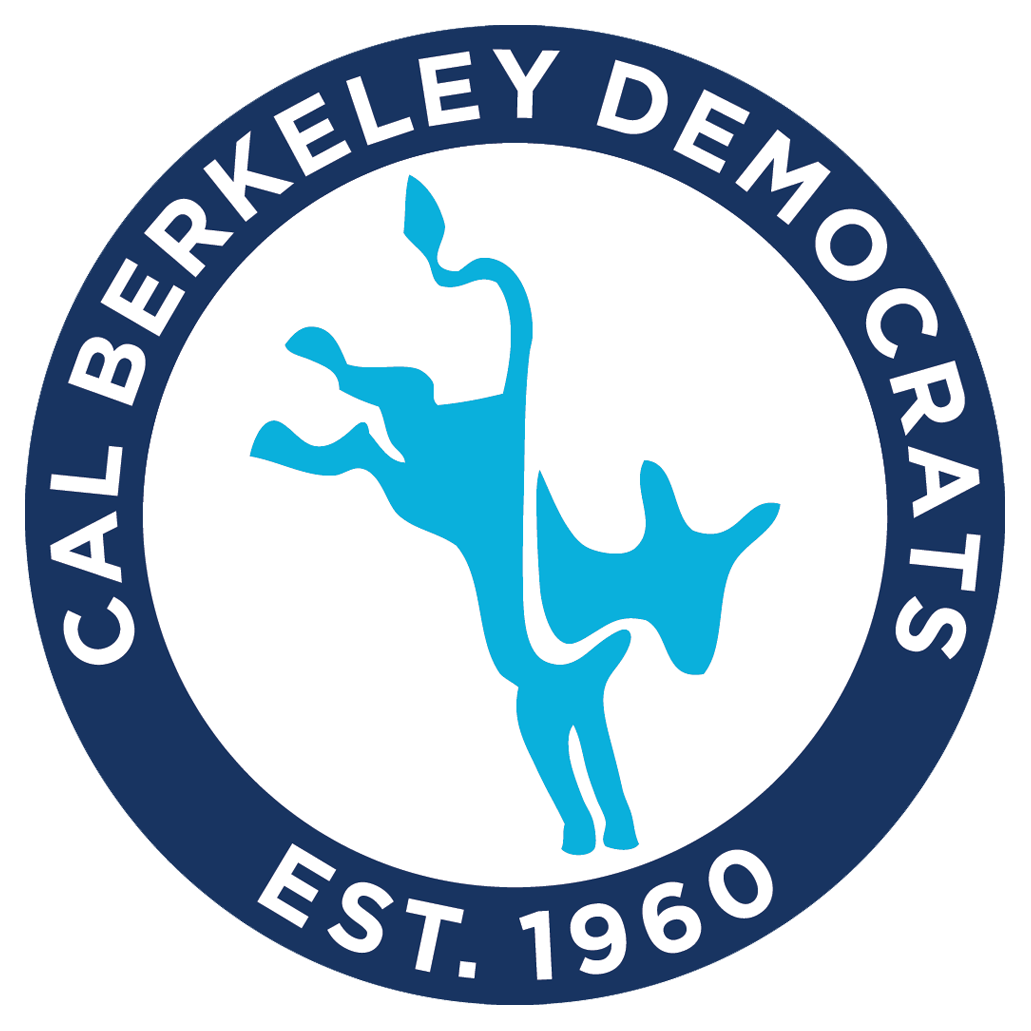US-Canada Relations: Achieving Diplomacy Over Conflict
By Richard M. Zeng
Recently, President-elect Trump has touted that the US should annex Canada as a means to ensure and increase national security for both countries.
This comment has drawn widespread confusion from both our neighbors in the north as well as Americans alike, with many Canadian Politicians on both sides of the aisle showing increasing levels of concern over this president’s willingness to use the power of the U.S. to force other states into submission.
Outgoing Prime Minister Justin Trudeau has shot down this idea, telling MSNBC “It’s not going to happen,” and even Pierre Polievre, the leader of the conservative party and frontrunner for the next Canadian prime minister, has opposed Trump’s desire to absorb Canada on X.
The former president's suggestion of bringing Canada into the Union reflects either a fundamental misunderstanding or a calculated effort to appeal to his political supporters.
We benefit enormously from our partitioned relationship with Canada, despite what our former president thinks. Canada is not only one of our greatest allies, following the United States into almost every international foray we get ourselves into; we also receive massive amounts of cheap energy and cheap goods from Canada, which Americans benefit widely from.
If rising populist sentiment over the next decade drives the U.S. to the point of absorbing Canada into the Union, it would represent a profound failure in our role as their ally on the international stage. The next generation of Democrats should avoid union with Canada at all costs, refusing absorption not as some “high and mighty” principle but as an appeal to our ability to let other countries be sovereign.
One way we could do this is to reform bilateral trade deals with Canada as an appeal to populist sentiment. Look, no other country in the history of the world has had a closer relationship than the United States and Canada, yet we have no free-movement agreement, and we continue to push Canada away economically with tariffs even under free-trade agreements such as the USMCA. The Democratic Party needs to lean into populist sentiment while forging its own way and creating a better outcome that does not include getting rid of our closest ally. If we were to create a "Schengen agreement" of our own, we would open up a lot of well-paying jobs within the Toronto metropolitan area to a large part of the Rust Belt, which it is sorely in need of. An increase in well-paying blue-collar jobs has been the demand of the working class within the Midwest; it’s the promise that got Joe Biden elected. It’s been the main concern of this area of our electorate that has become more disillusioned with the party after being economically left behind. If the Democratic Party can deliver a free-movement agreement that opens up job opportunities to these blue-collar communities, it can help win Democratic elections for cycles to come.
Not only this, but it would help both our economies become stronger, allowing for a new level of economic synergy to tie our two nations together. Under the current USMCA, Canada does nearly a trillion dollars in trade with the USA, while Canada does only fifty billion dollars in trade with Mexico. It’s a no-brainer that the USA and Canada should destroy these barriers of trade, especially since we benefit from their better prices.
Some might be critical of this approach, preferring protectionist trade to free trade, pointing to the horrors of NAFTA, and pretending free trade anywhere is a threat to jobs everywhere. This is not reality; if well executed, we could provide well-paying jobs, as wages between our countries are much more similar than anywhere else, and both benefit from the economic stability.
It has almost been 250 years since Locke wrote The Wealth of Nations, a piece of literature so influential to our nation’s identity it has inspired our economic stance for the past few centuries. A piece of literature pointing to benefits we fail to attain because of our all-or-nothing approach to free trade. A frustrating prospect that has led us to the right-wing populist position of absorbing Canada, but we can avoid clamping down on another nation’s sovereignty through better trade diplomacy and increasing our ties to each other. We should prove to the world that we can cooperate, that we can work together, and that we can lean on each other to help solve our economic problems.
Featured Image: rawpixel.com

